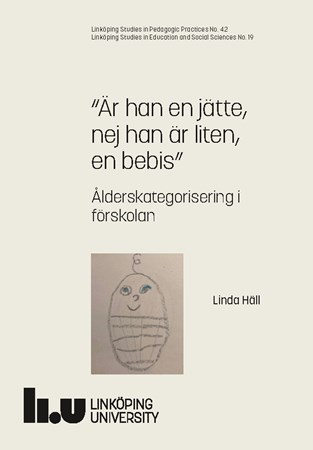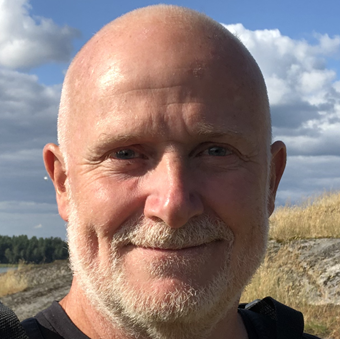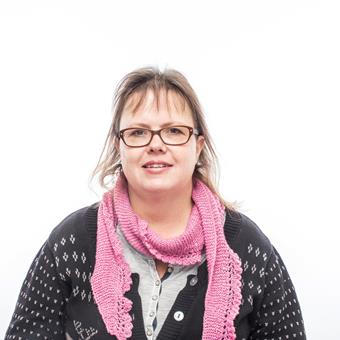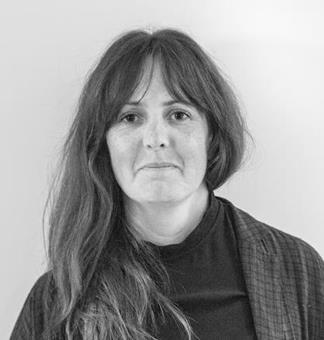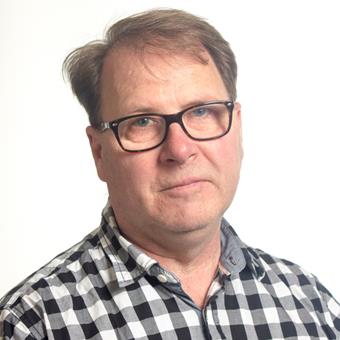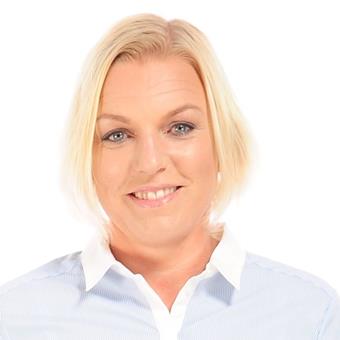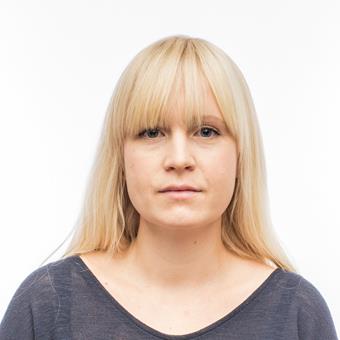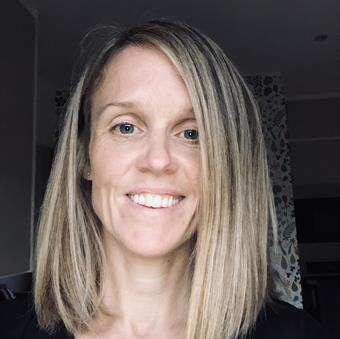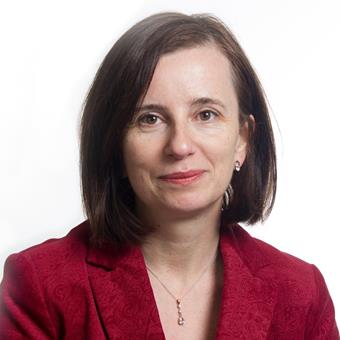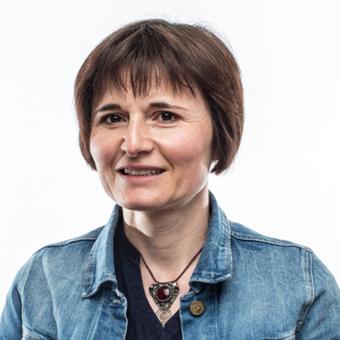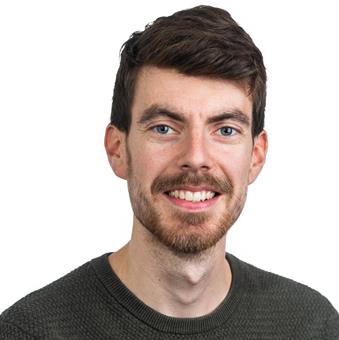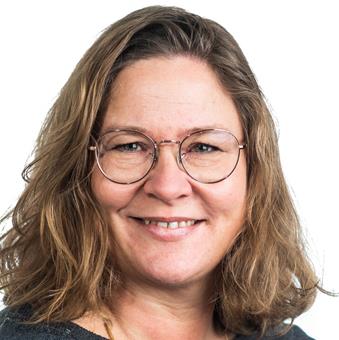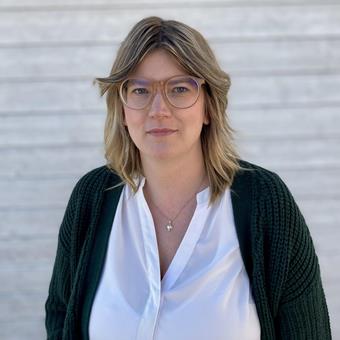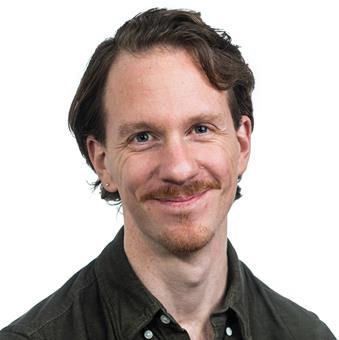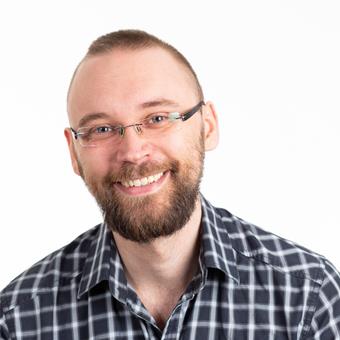In this field of research, the entry point is in children’s and student’s experiences of different forms of educational institutions. The research environment of pedagogic practices the practice of children’s institutions gathers researchers interested in the conditions of young children in educational institutions and are, for example, interested in tensions between concepts of learning and meaningful free time in school-age educare. Another focus is on research around conditions for children’s institutionalized everyday life, but also to study questions raised by children themselves. Global perspectives and comparisons around different issues, such as inclusion and participation practices.
We do research on aspects such as:
- action research in school-age educare with students as agents of development
- child-centered research
- children’s perspectives on teaching in school-age educare
- social relations, inclusion, and student participation in school-age educare
- popular culture in school-age educare
